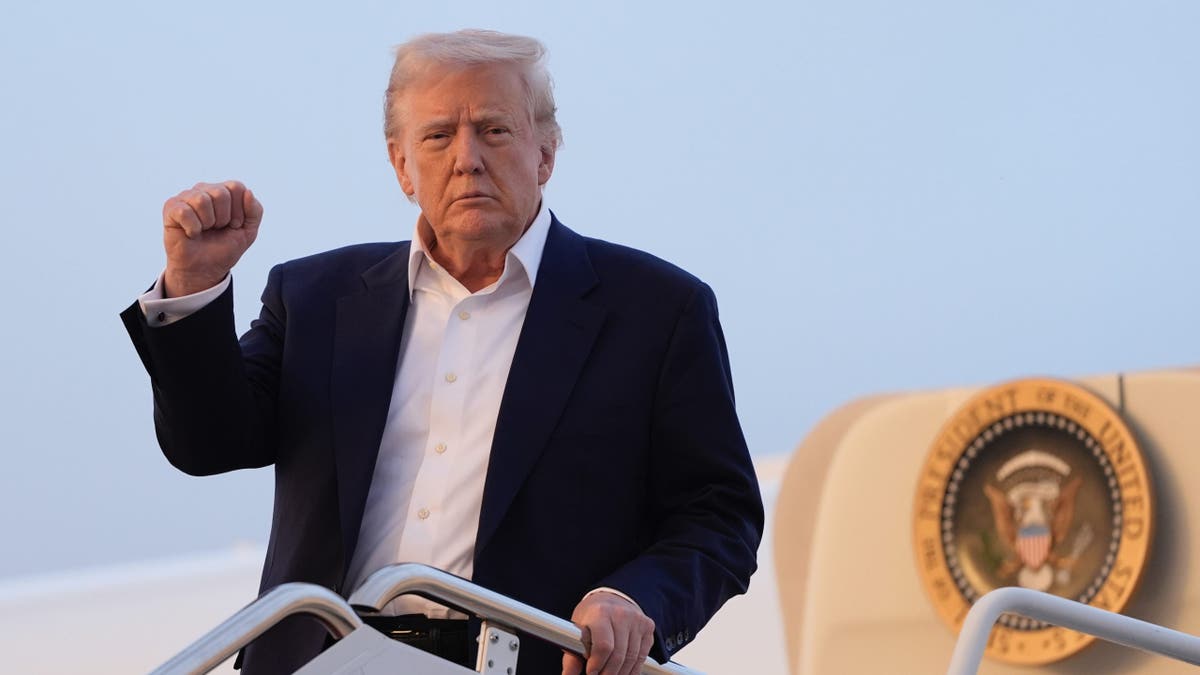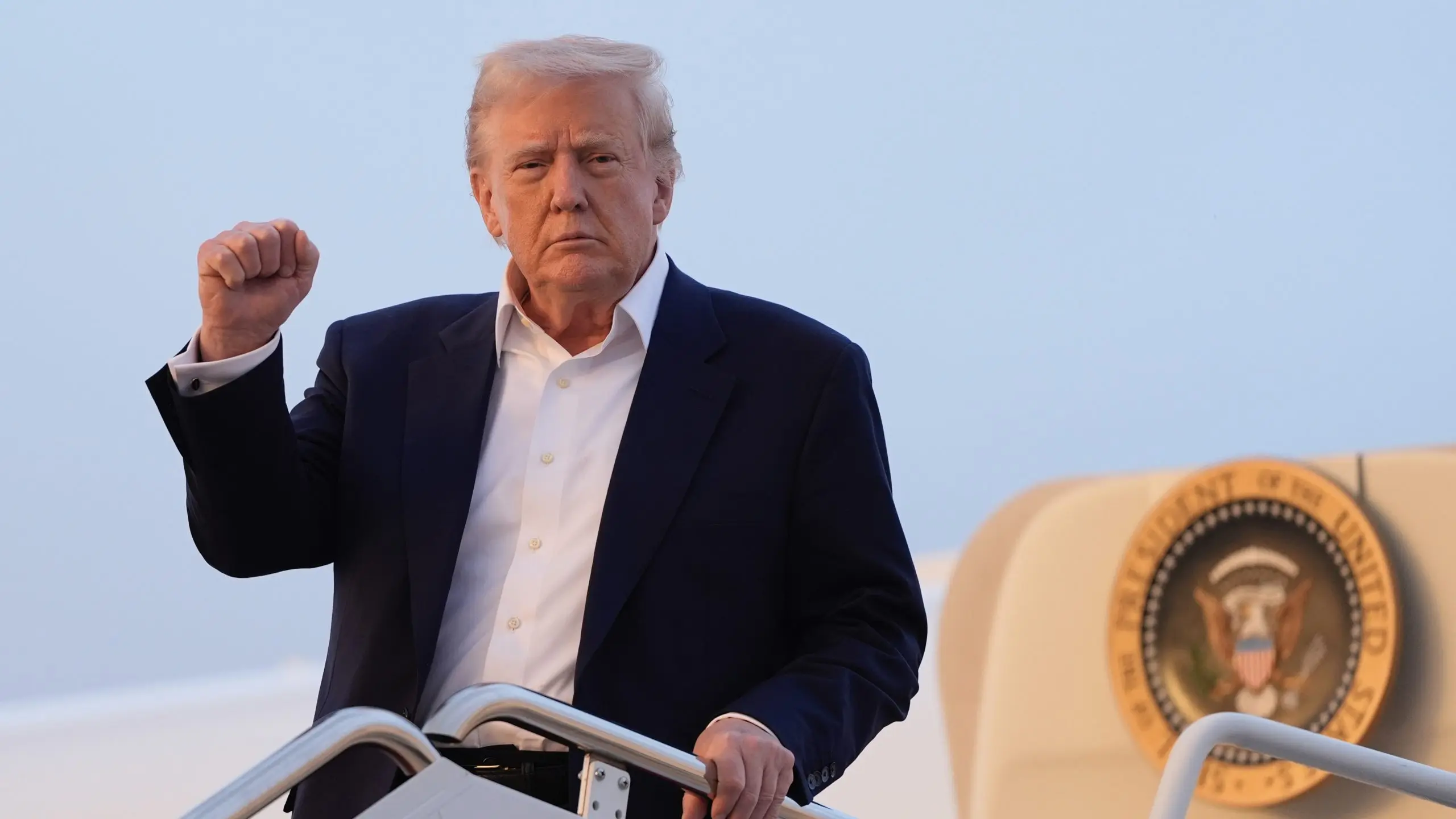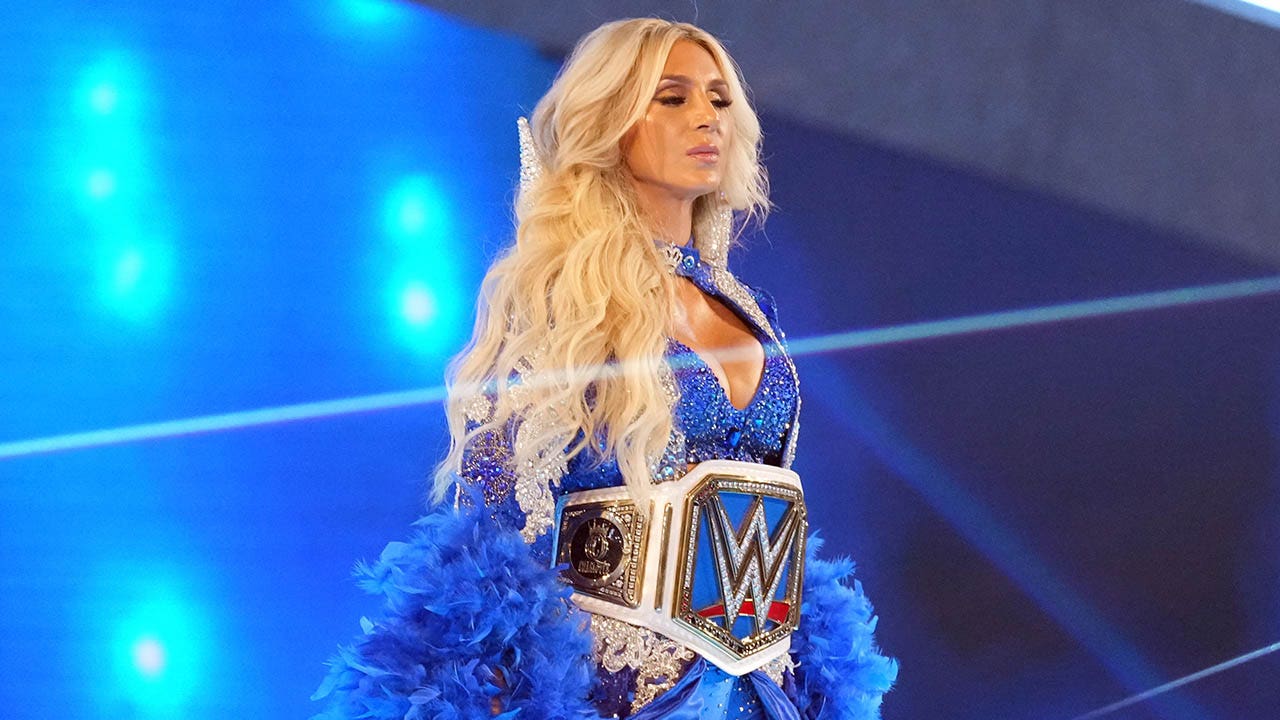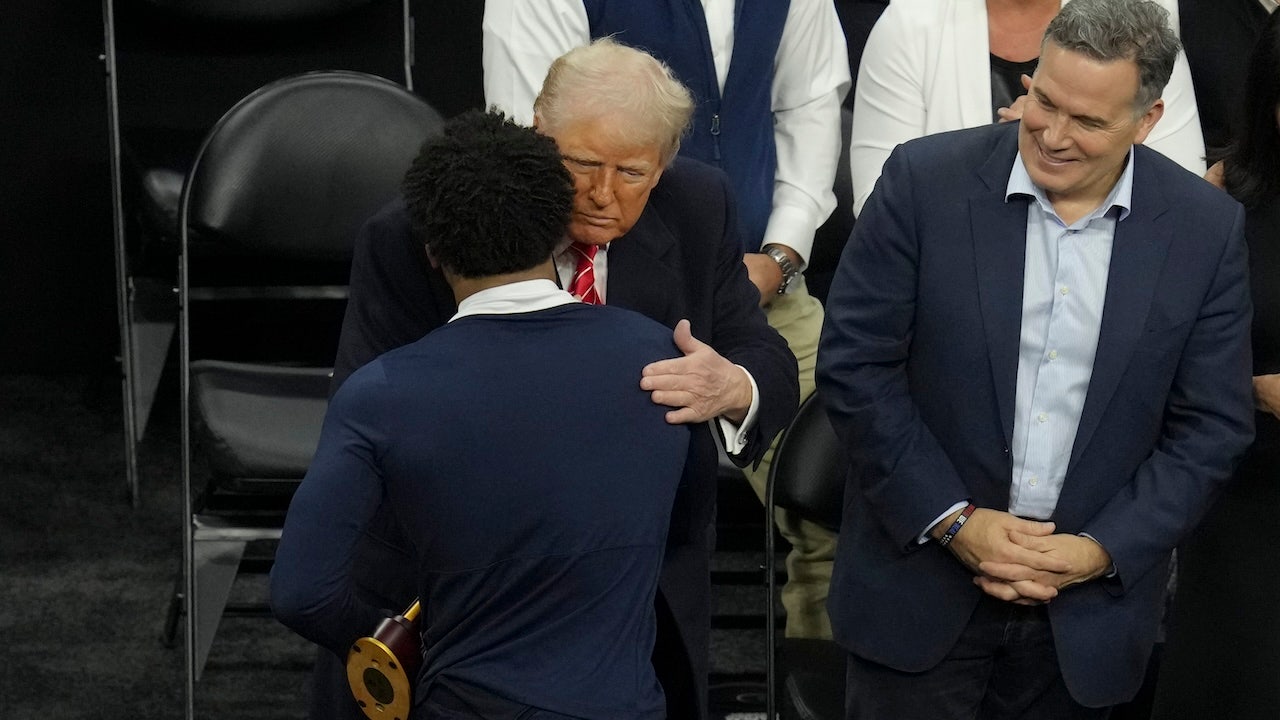
NEWYou can now listen to Fox News articles!
As President Donald Trump returns to Riyadh for his second official visit to the Kingdom of Saudi Arabia—once again choosing it as his first foreign destination in a new presidential term—there is both symbolism and substance in the gesture. In a region often defined by volatility and conflict, the Kingdom remains a pillar of stability and continuity.
Trump’s return signals a reaffirmation of mutual trust, strategic alignment, and a shared belief in the pragmatic, interest-based diplomacy that has always anchored Saudi-U.S. relations.
The Kingdom receives President Trump at a defining moment. It has been nearly a decade since the launch of Vision 2030, Saudi Arabia’s audacious socio-economic transformation plan. Few nations in the modern world have dared to implement such a sweeping overhaul—from weaning off oil dependence to opening up society—at this scale and speed.
FOX NEWS TO AIR SPECIAL EDITIONS OF ‘SPECIAL REPORT’ AND ‘HANNITY’ LIVE FROM MIDDLE EAST
What began as an ambitious blueprint under the stewardship of Crown Prince Mohammed bin Salman has become a lived reality for millions of Saudis. Women drive, cinemas thrive, and global capital now views Riyadh as not just a petro-state capital, but a regional financial, technological and logistical hub in the making.
Against this backdrop, President Trump’s return is more than a diplomatic courtesy—it is a recognition of success. Saudi Arabia has redefined itself not as a buyer of influence, but as a builder of partnerships. And in Trump, Riyadh finds a leader who understands the value of firm alliances built on mutual interest rather than moralistic overreach.
Critics in Washington will no doubt raise their predictable objections, steeped in outdated narratives. But what must be understood—especially by a divided and distracted American establishment—is that the Kingdom is not seeking a blank check. Rather, it is pursuing a balanced, transactional relationship that serves both nations’ national interests. Stability in the Middle East is not a partisan goal; it is a bipartisan imperative. And today, no regional actor is more committed to that stability than Saudi Arabia.
President Trump’s visit should be seen not merely as a nod to a historical ally, but as a pivot toward a Middle East strategy rooted in realism, mutual respect, and shared opportunity.
The Kingdom has already taken on a more assertive diplomatic posture. It has become a hub for international mediation—from facilitating quiet channels between Washington, Kyiv, and Moscow to encouraging ceasefires and prisoner exchanges in forgotten conflict zones. Where others fuel chaos, the Kingdom works to contain and end it.
Nowhere is this more evident than in Saudi Arabia’s approach to Syria. While others are content with slogans, Riyadh has prioritized engagement with the regime in Damascus—not out of affection, but out of realism. The Syrian people need food, power, and medicine more than they need isolationist virtue signaling. The Kingdom’s policy is clear: re-integrate Syria responsibly, stabilize the country, and prevent it from being a permanent failed state exploited by extremists and foreign militias.
On Iran, the Kingdom actively supports President Trump’s efforts to negotiate a better nuclear deal and avoid another disruptive war in the region. And unlike the Obama administration, this time around, the Trump administration has been keeping its allies in the Gulf fully briefed on these ongoing negotiations.
The economic realm is equally ripe for deeper cooperation. With an estimated $2.5 trillion in untapped mineral wealth, Saudi Arabia offers a frontier for American investors eager to participate. As Riyadh positions itself as a global supplier of rare earth elements critical for the clean energy and tech revolutions, the United States should seize the opportunity to secure its supply chains and reduce dependence on geopolitical rivals.
CLICK HERE FOR MORE FOX NEWS OPINION
Moreover, the Kingdom’s embrace of artificial intelligence and emerging technologies offers yet another platform for collaboration. With its Vision 2030 framework, Saudi Arabia is investing heavily in digital infrastructure, AI applications, and high-tech urban projects like NEOM. U.S. firms—especially those in Silicon Valley—should view Saudi Arabia not only as a market, but as an eager partner in innovation.
Maritime security, too, remains a core shared priority. Both nations have a vested interest in ensuring the free navigation of international waters, particularly in the Red Sea and the Gulf. As challenges mount from regional spoilers and non-state actors, cooperation on naval security and intelligence sharing must deepen.
And while Saudi Arabia seeks an enduring partnership with the U.S., it must be candid about one area of divergence: Israel. The Kingdom has no desire to upend regional accords, but it does hope for a U.S. administration that will exert more meaningful pressure on Israel to moderate its violent behavior, particularly in the Palestinian territories. Stability cannot coexist with such human suffering as we see in Gaza today.
CLICK HERE TO GET THE FOX NEWS APP
In the end, Saudi Arabia remains a status quo power—one that values stability, continuity, and economic development. President Trump, with his instinct for realpolitik and deal-making, is well positioned to embrace that outlook. His visit should be seen not merely as a nod to a historical ally, but as a pivot toward a Middle East strategy rooted in realism, mutual respect, and shared opportunity.
The Kingdom is no longer just a buyer of weapons or a passive player in global affairs. It is a host of diplomacy, a laboratory of reform, and a partner for a more balanced world order.
CLICK HERE TO READ MORE FROM ALI SHIHABI







